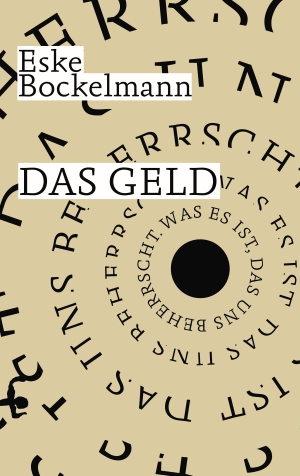Money rules the world, and the world it rules threatens to end in disaster – socially and ecologically. But why does money determine the course of the world at all? Why is it so dominant that even the most powerful governments stand at attention before it and we can hardly imagine that it could ever have been otherwise? In his grandiose description of how money came into the world, Eske Bockelmann shows, contrary to current beliefs, that this special medium of exchange only became established in Europe in the late Middle Ages – even though markets and coins may have existed before then. With an unusually precise look at the history and ethnology of economic activity, he works out the differences to pre-monetary communities and their social cohesion without money and illuminates the establishment of the market economy in the free cities of the later Middle Ages up to the bursting of the first financial bubble. And with this derivation of money, he finally succeeds in solving the seemingly eternal riddle: what money actually is – and how it relates to value and capital, speculation and crisis, state and society. His brilliantly written study is revolutionary, even beyond Marx: precisely by providing us with a new, deeper understanding of the constraints and omnipotence of money, it opens up a perspective on a future world in which money could be a thing of the past.
Sample translation
Full English translation available
Eske Bockelmann was born 1957 in Friedrichshafen, on Lake Constance, in Germany. He studied the classics and German language and literature at the University of Munich, where he obtained a Ph. D. Bockelmann held positions at the Universities of Munich, Würzburg, Marburg, and Chemnitz, earning a postdoctoral lecturing qualification (habilitation) at the latter. His previous book Im Takt des Geldes. Zur Genese modernen Denkens was published by zu Klampen Verlag in 2004. He lives in Chemnitz, Germany.
"Money rules the world. As a saying, a truism; as a book topic, a classic, here by a philologist who shows that although markets and coins have existed since antiquity, money did not prevail until late medieval Europe." - Die Welt, The Best Nonfiction Books of May 2020
"Bockelmann paints a vivid picture in which it becomes clear how many functions money has assumed in our social interaction and how powerful it has thus become." - Andreas Kremla, Buchkultur
"You have to wonder how it is that so much knowledge and wisdom can't penetrate the walls of academic science these days." Thomas Steinfeld







